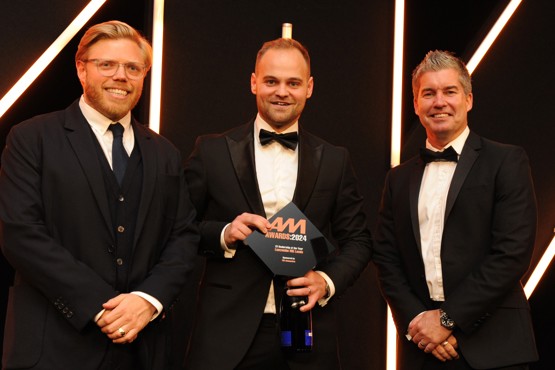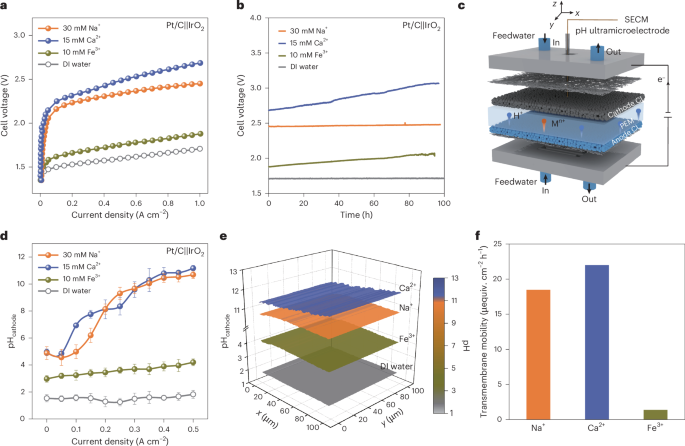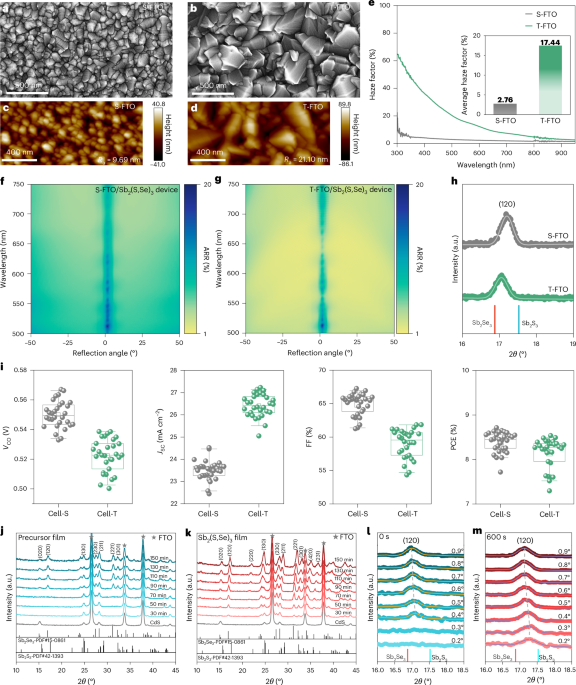Response: The Limits of ESG in Assessing Nonprofit Control
We appreciate Schröder and Thomsen’s thoughtful response and valuable empirical study exploring ESG performance among foundation-owned firms. This topic is timely, as nonprofit control is under stress both in the U.S., with the ongoing governance debate surrounding OpenAI, and in Europe, with recent turmoil at Novo Nordisk—one of the world’s leading pharmaceutical companies and arguably […]

Ofer Eldar is a Professor of Law at the UC Berkeley School of Law, and Mark Ørberg is an Assistant Professor at Copenhagen Business School.
We appreciate Schröder and Thomsen’s thoughtful response and valuable empirical study exploring ESG performance among foundation-owned firms. This topic is timely, as nonprofit control is under stress both in the U.S., with the ongoing governance debate surrounding OpenAI, and in Europe, with recent turmoil at Novo Nordisk—one of the world’s leading pharmaceutical companies and arguably the crown jewel of the enterprise foundation model (Bansal, 2025). Following recent underperformance by the for-profit pharmaceutical company, the Novo Foundation has intervened reportedly to accelerate the CEO’s succession primarily out of concern that the company has failed to respond to competition and generate sufficient profits.
This unusual governance intervention by the nonprofit—typically passive in its oversight—is not driven by social purpose, but by the risk that the for-profit will fail to produce the kind of cash flows that have sustained the foundation’s substantial philanthropic giving. The governance shift at Novo Nordisk reinforces our definition of the income-generating model of nonprofit control. This view of enterprise foundations as primarily cash-generating entities is even more evident in companies that sell global consumer brands, such as IKEA and Carlsberg. The Carlsberg Foundation’s charter includes numerous charitable goals in support of science and the arts, while its only arguable commitment to responsible business is to developing the art of making beer and keeping the brewing of beer on a high and honorable level (See 2025 Charter).


















































































































































